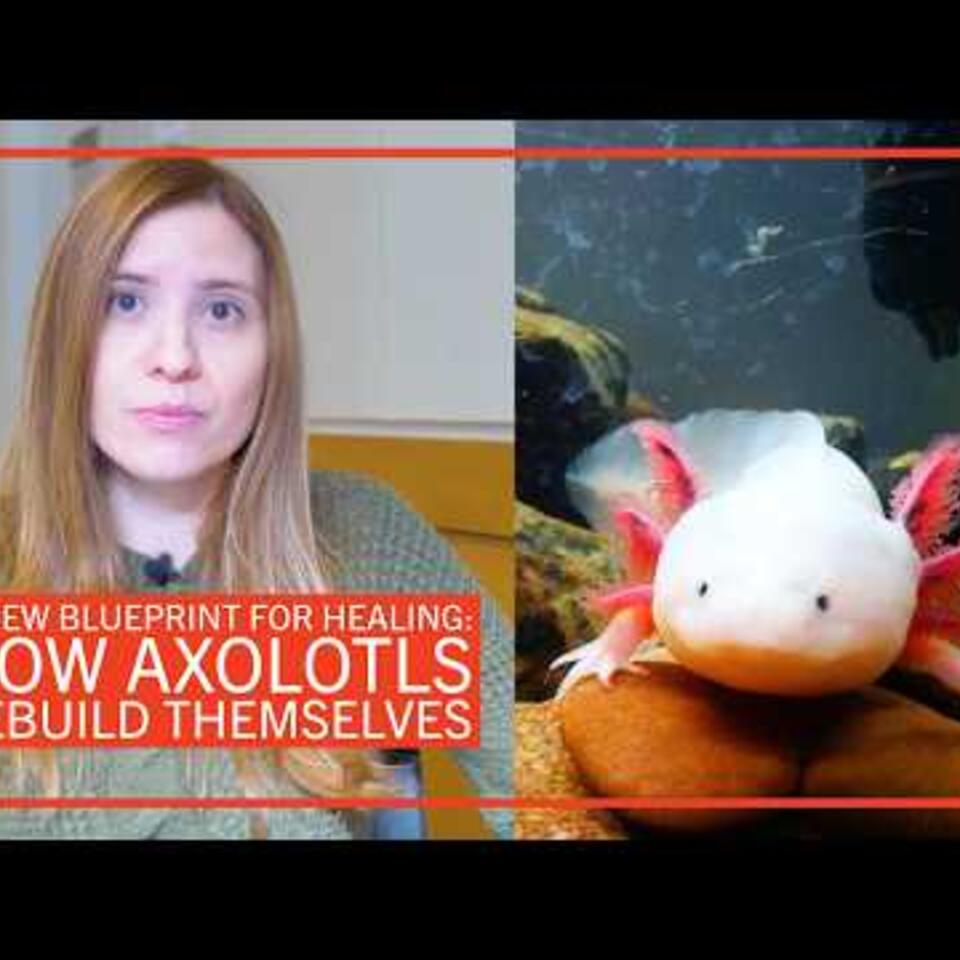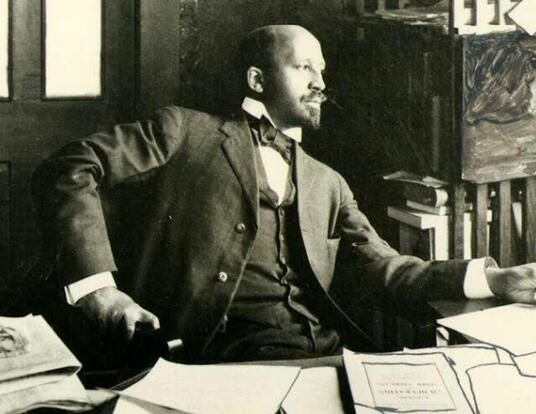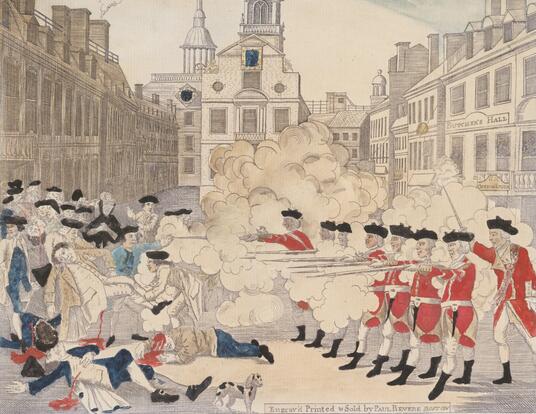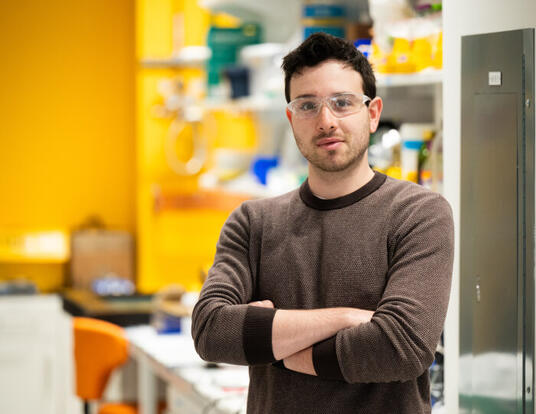Group Think
Throughout our history, human beings have sorted themselves into groups. But why did groups form in the first place?
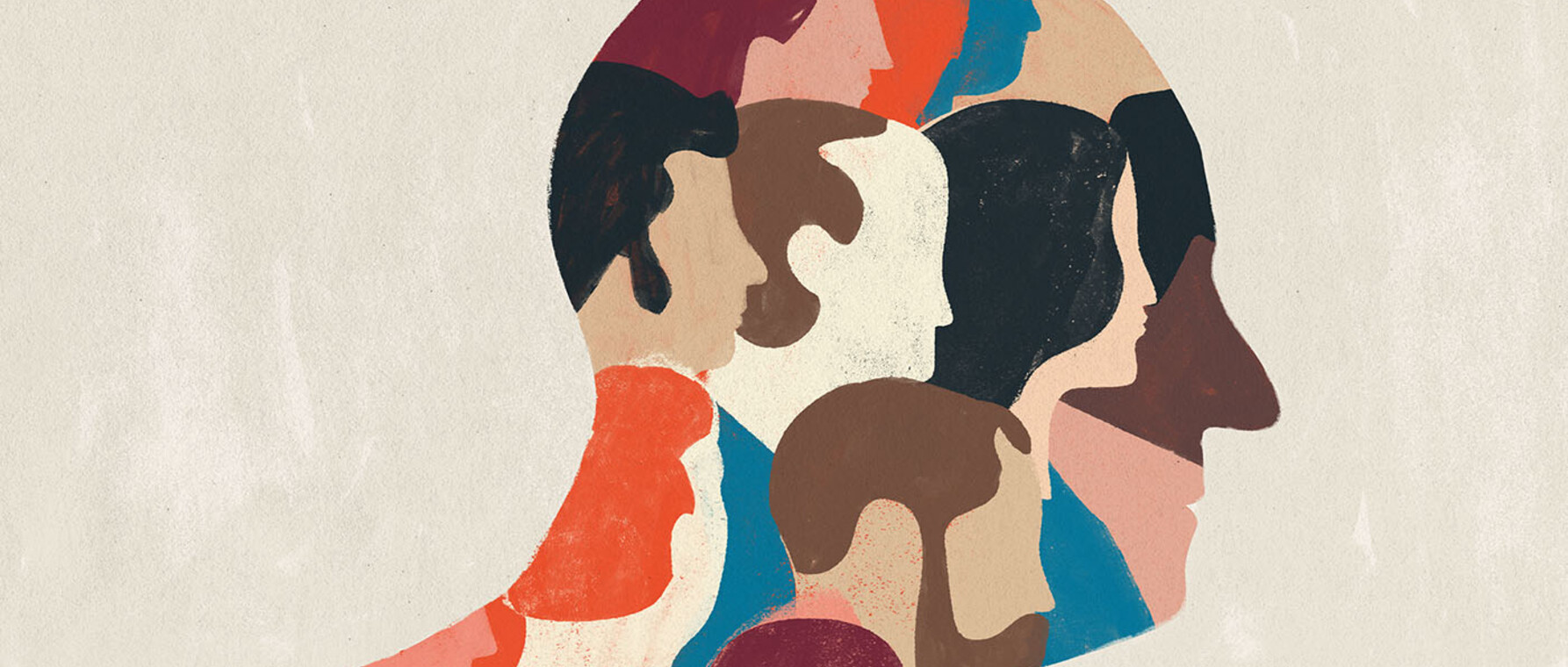
Research at Risk: Since World War II, universities have worked with the federal government to create an innovation ecosystem that has yielded life-changing progress. Now much of that work may be halted as funding is withdrawn. Find out more about the threats to medical, engineering, and scientific research, as well as how Harvard is fighting to preserve this work—and the University's core values.
Throughout our history, human beings have sorted themselves into groups. From bands of hunters to citizens of nation states, from tribes to political parties, human history is a story of groups. But why did groups form in the first place?
“There are a variety of answers to that question,” says Jennifer Hochschild, Henry LaBarre Jayne Professor of Government. “Hobbes argued that life in the state of nature was solitary, poor, nasty, brutish, and short, so we formed groups for self-protection.” In other words, human beings learned through evolutionary selection that combining their resources provided beneficial outcomes, for example, when hunters worked together they could take down a mammoth, whereas a solitary person would starve. “Over time,” Hochschild continues, “primitive groups expanded into larger groups, which required management and internal organization as well as defense against other groups.”
But other theorists have also weighed in on the origins of humans’ desire to gather together. Sigmund Freud, for example, followed a logical chain of familial attachment: children are linked to their mothers, who are attached to fathers and siblings. Family ties, extended outward, create group ties. Evolutionary sociologists and psychologists, on the other hand, argue that individuals developed a deep psychological need for emotional attachments because connections with others helped them better explain the world around them.
Political scientists like Hochschild offer yet another explanation. “The political scientist’s answer is that politics makes possible the authoritative division of good things in a society,” she says. “Politics is, in effect, that choice of who gets what, when, and where. It is seldom the case that you can win these good things by yourself.” For Hochschild, the key to understanding group formation involves a combination of rationality, psychology, culture, and self-interest, which ultimately leads to the distribution of desired things. “In a world of finite resources, we can either fight over them or we can enact laws,” she explains. “On balance, creating a system of government is preferable.”
An Evolutionary Process
Groups may coalesce around specific people or ideals, yet they are far from static. As circumstances change, pressures form, and beliefs evolve, the composition and structure of human groups change along with them. “The creation of new groups is the story of human history,” says Hochschild. “Through intermingling, intermarriage, and dissolution, group identities do in fact blur and merge over time. This is not to say that groupness goes away, but that the nature of a particular identity and boundary can change.”
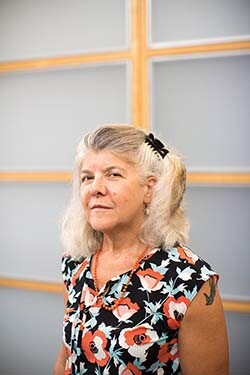
A pillar of the Department of Government, where she has taught since 2001, Hochschild studies the intersection of American politics and political philosophy—particularly in the areas of race, ethnicity, and immigration—and focuses in particular on education and social welfare. A lifelong student of public opinion, political culture, and American political thought, she is currently considering the politics and ideology of genomic science, immigrant political incorporation, and how citizens use factual information in political decision-making.
This last topic is the focus of Hochschild’s most recent book, Do Facts Matter? Information and Misinformation in American Politics, coauthored with Katherine Levine Einstein, PhD ’12, an assistant professor of political science at Boston University. In the book, Hochschild and Einstein address the ways that individuals often act on misinformation to advance their group’s cause. In many instances, they show, people avoid facts that contradict their beliefs and automatically accept others without question. Despite the common assumption that more educated people are less prone to accept agreeable statements without question, their research showed quite the opposite. And the reasons why may be tied to group dynamics.
“Some evidence shows that people with more education are more likely to cling to their beliefs, so education is certainly not a panacea,” Hochschild explains. The reason is that group membership may outweigh critical analysis, particularly if a group takes strong partisan or ideological positions. Even questioning an established idea can threaten an individual’s inclusion. “For example, if a member of a liberal group questioned whether global warming is a problem, she would have to question whether she can still be a good Democrat, perhaps stop talking, at least about this issue, to her colleagues and others in their class and peer groups,” Hochschild says. “That’s a big cost. Why would anyone want to do that?”
Rising Debt
Tess Wise, a PhD candidate in government, frames the issue in a somewhat different way. For her, the question isn’t why people form groups—it’s why they don’t. “I’m interested in what happens to the middle class in America when they experience economic shocks,” Wise says. “Does this change the way they join groups or behave politically?”
The creation of new groups is the story of human history in a very, very big, general scale.
At a time when social scientists increasingly use Big Data to explain trends, Wise is turning to the richer stories of individual Americans. “Big data is incredibly powerful and incredibly interesting,” she says, “but what it gives you is lots of information about a few things that we measure, or a few things that are easily quantifiable. I felt like I wasn’t understanding the human story during the research process.” While she still looks at data trends, she marries that approach with small-scale interviews of middle-class Americans who, according to the theorists, should be grouping together to lobby for change. According to her findings, however, a huge number of them aren’t.
“Middle-class Americans are experiencing more economic uncertainty than they used to,” Wise says. “Over the last generation, the level of debt held by this group has increased substantially.” Rising household debt coupled with job insecurity and wage stagnation has blurred the line between the middle class and the working class, and Wise wonders why both groups aren’t forming a kind of “debtors union” to push for expanded social welfare programs. Turns out, the reasons are complicated, and in many ways, psychological.
Group Resistance
Political scientists have long noted that our common definitions of economic class depend as much on perceptions and identities as they do on income levels. “Even though the idea of the middle class is an amorphous concept,” says Wise, “it is defined as ‘not working class.’ A large number of people in the middle of the income distribution have decided that they’re part of this group, and they want to hang onto that identity, even if the factors that originally made them middle class have gone away.”
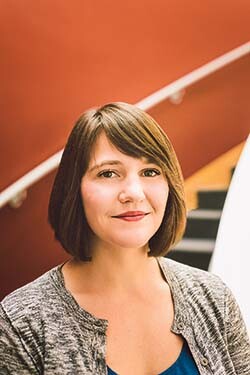
Personal debt complicates an already tricky set of class identities. “Over the past 10 years, the most common group using payday loans are people who have some college education, and the number of people with college degrees using payday loans has gone way up,” explains Wise. “This type of debt—which we think of as being exploitative, damaging, and the kind of solution educated people wouldn’t resort to—is actually being used by middle-class Americans more and more.”
Yet part of the traditional middle-class value system is the belief that individual effort is sufficient for success. “People really want to believe that the world in which we live is a just one,” says Wise. Because they believe in the system, middle-class debtors tend to blame themselves and assume they aren’t working hard enough. Yet when it comes to predatory lending, even those educated enough to “know better” are being set up for failure.
Through her interviews, Wise found that people trapped in this form of debt initially believe that the process is fine and fair, and that morally people are responsible for paying what they owe. When she pushes back on that claim, however, many change their narrative. “It starts off as an awkward conversation because people don’t want to admit that they ended up in this situation,” she says. “But when you ask them if they think that the interest rate on the debt is fair, they say, well, no, it isn’t.”
Those conversations have helped Wise understand why a groundswell of support for a “debtors union” hasn’t materialized. That is, it explains why a group has not formed to redress a common problem. “The topic is so painful for people to think and talk about, and it really contradicts their understanding of fairness,” she says.
Effecting Real Change
Wise’s research into the absence of group formation breaks new ground precisely because of deep historical, psychological, and theoretical explanations for the formation and growth of groups. In the 1970s, the social psychologist Henri Tajfel conducted an experiment where he assigned nearly 50 teenage boys to random groups based on their preferences for one of two pieces of modern art. What he found was that even without a shared belief system for their categorization, the boys nevertheless behaved as though their group identities mattered. They quickly demonstrated favoritism to other boys within their group and rejected or minimized the others. This experiment showed that even artificially constructed groups, or groups formed at random, can have profound effects on behavior and identity.
A group gives us a place where we can recognize and we can help. It’s collaborative, I recognize you, you recognize me.
If debt-plagued middle-class Americans could overcome their conflicted class identity and engrained cultural attitudes, Wise argues, forming a collective group would be a powerful way to effect real change. “Groups allow for a diffusion of responsibility,” she says. “Politically, this is great because you can push for things that might be slightly controversial without feeling like you’re sticking your neck out.” In addition, forming a group could help ameliorate the paralyzing helplessness and shame that people in debt suffer from. “A group gives us a place where we can recognize and we can help. It’s collaborative—I recognize you, you recognize me,” says Wise. “It reduces my uncertainty about who I am in the world, and that, I think, is cognitively satisfying for people. That’s what I think of when I think of why people join groups.” Groups, it turns out, give us all a reason for being.
Illustration by Keith Negley
Get the Latest Updates
Join Our Newsletter
Subscribe to Colloquy Podcast
Simplecast


